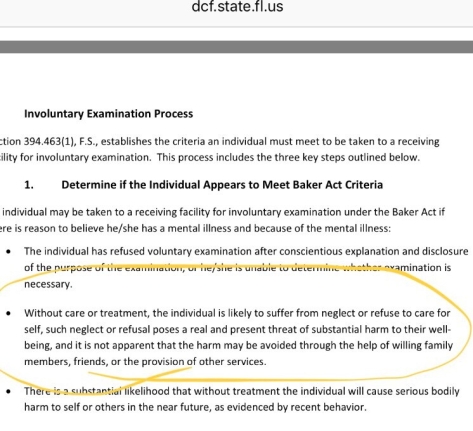Hi, Friends. This has been a hard week, hasn’t it? So much pain. So many people are grieving the safe world that they thought they had/knew. And so many people are angry that it has taken this long for the white majority to begin to understand and recognize the disparities between us and people of color. I’m hearing people lament over the treatment of Black people in America, revealed through the Black Lives Matter movement and through the unjust deaths of so many. Why has it taken a video of a Black man’s murder for the world to wake up? I don’t know. And I’m hearing people argue about “all lives,” who I think are afraid that maybe their own life won’t matter as much if Black Lives Matter.
It is possible to proclaim (long overdue) “Black Lives Matter” and still recognize that every life does matter.
In fact, until Black Lives Matter, every life does not matter, does it? It can’t. When we look at the history of how Black people have been treated in America, how can we deny that they have been the victims of injustice? When we talk to our Black neighbors and they reveal the deep fear they have because so many people they know have been neglected and abused by the police and the justice and the education system, how can we insist that we don’t see color and that racism no longer exists?
I think of the Scripture verse where Jesus says, “ No one has greater love than this, to lay down one’s life for one’s friends.”
Who is our friend? Who is a friend to Jesus? Who is our neighbor? These are critical questions we must prayerfully explore.
I have learned this year that I am racist. I confess this. I am ashamed. I am learning to recognize my racist instincts, and to act differently. I am learning to make friends differently. I am learning to seek out and celebrate diversity; but I still have a long way to go. I am deeply sorry for my role in perpetuating a racist system designed to elevate those with white privilege, intelligence and money. I am sorry I denied having privilege. I have not been a good neighbor. I have not heard the cry of the needy or the oppressed. I have not done God’s will. I am learning and I am changing my behavior.
I think that we, as a country, must atone for the pain our system has caused many people (wealth inequity, racial prejudice, patriarchy, inequitable health care access, violence, injustice) As we do so, we have a chance to hope, dream and build a new way.
Perhaps Martin Luther King, Jr’s speech, “I Have a Dream. . . “ is still relevant, 60 years later.
In our dreams for an equitable, just system, we have the opportunity to play a part in building the Kingdom of God here. We are stewards of this earth, and we share responsibility for the health and wellness of our world, our nation and our neighbor. How do we ensure that we as Christians are loving our neighbors? How do we pursue justice for God’s sake and for our neighbor’s sake? These are questions that I don’t know how to answer, but I think we need to have these conversations as a community.














